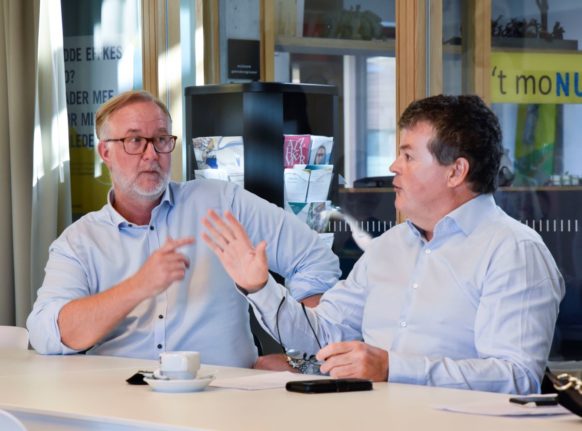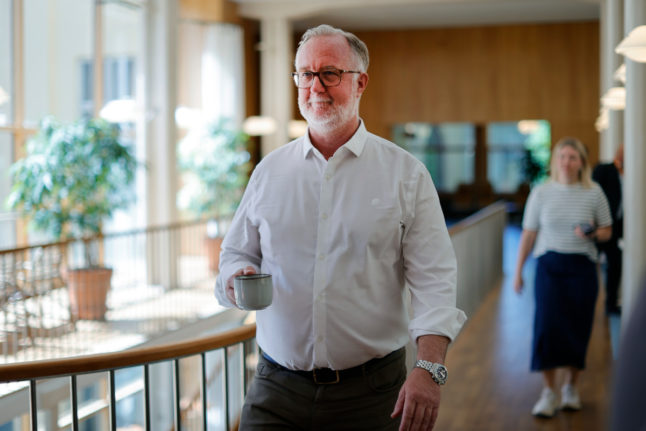The government will in the coming budget take 18.9 million kronor which goes in state grants to groups like the Swedish-Kurdish Association, the Gambian Association and the Association of Serbian Orthodox women.
“Sweden is a country built on people’s movements, but money going towards integration should focus on the activity being carried out, not ethnicity,” Sweden’s employment and integration minister Johan Pehrson said in a press release. “This is about using money in a better way to combat social exclusion and promote integration.”
The grant to ethnic groups was brought in by the previous centre-right Alliance government in 2008, and replaced a previous “grant to organisations which promote integration”. In the release, the government said that the proposal was “built on an agreement between the government and the Sweden Democrats”.
In an article in the Dagens Nyheter newspaper, Pehrson said that 10 million kronor of money saved would be used to fund a scheme to survey children’s Swedish skills.
Lena Nyberg, director-general of the Swedish Agency for Youth and Civil Society, which is responsible for distributing the money, said that it was unclear how ethnic associations would be affected.
“Civil society organisations do an important job and have significant need of economic support to operate,” she said in a press release. “The announcement of the decision to discontinue the ethnic grants obviously raises questions about what the consequences are going to be.”
Andrea Voyer, an associate professor at Stockholm University, argued in The Local last year that ethnic associations played an important role in integration.
She said that a 2012 report on why Somali immigrants were so much more successful in Canada, the US and the UK than in Sweden, had argued that they way these governments engagement with Somali community organisations had played an important role.
“One of the main conclusions was that Somali immigrants, wherever they arrive, generally feel that it’s important to build Somali community organisations and local Somali identity,” she wrote. “In most of the countries studied, the government embraced this. Through their involvement in that organisation, and through the organisation of a Somali community, there was this pathway to more society cohesion at the level of broader community.”
READ ALSO: Six things Sweden’s politicians get wrong about segregation
Henrik Emilsson, a researcher at Malmö University, told The Local that the authorities had been withdrawing funding from dialogue with ethnically based associations since at least the 1990s.
“Already in 1997, with the new Swedish integration policy, they said, ‘we don’t have groups, we have individual diversity. The whole of society is diverse, because individuals are different. We don’t want to speak about groups’,” he said.
“You can choose the French way of refusing to acknowledge any ethnic identities, or you can take the Canadian way, where they celebrate ethnic groups and diversity.”



 Please whitelist us to continue reading.
Please whitelist us to continue reading.
Member comments